1. Macy’s

Macy’s, a household name in department stores, has announced plans to close several underperforming locations by 2025. The decision comes as the retailer shifts its focus toward e-commerce and smaller-format stores in high-traffic areas. Despite the closures, Macy’s remains committed to streamlining operations and enhancing the customer experience in its remaining locations.
2. Family Dollar
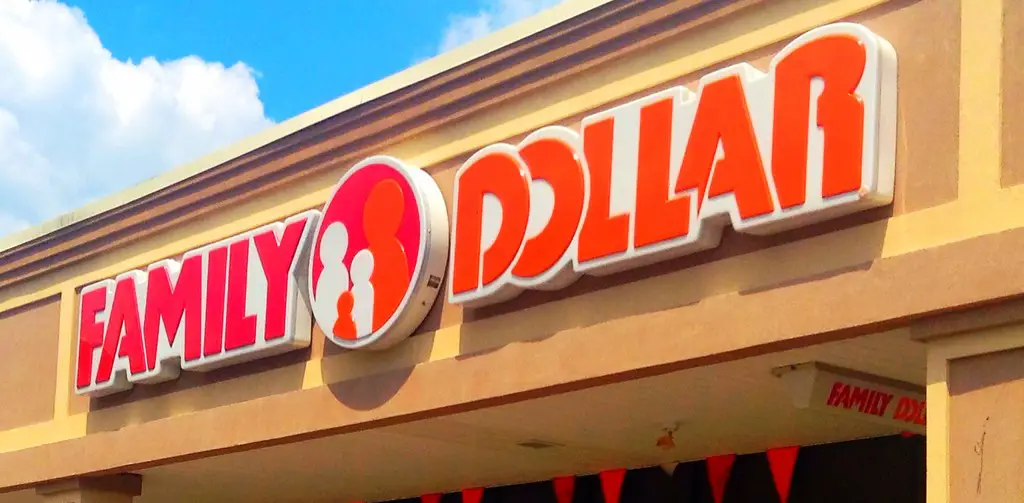
Family Dollar plans to shut down numerous locations in 2025 as part of a strategy to improve profitability and address operational challenges. The discount retailer has faced increased competition from other low-cost stores and changing consumer preferences. These closures aim to optimize the company’s retail footprint while strengthening its most successful outlets.
3. JCPenney

JCPenney, a staple in American malls, will be closing additional stores as part of its long-term restructuring plan. The closures aim to address persistent financial challenges and declining sales caused by changing consumer preferences. By focusing on key markets and online growth, the company hopes to regain stability and relevance.
4. Rite Aid

Pharmacy chain Rite Aid will be shutting down hundreds of locations nationwide as it deals with financial restructuring. Facing stiff competition from CVS and Walgreens, Rite Aid has struggled to maintain its market share. The closures are part of the company’s broader strategy to focus on profitable locations and enhance its healthcare services.
5. CVS

CVS has announced plans to close select stores in 2025 as it recalibrates its retail strategy to focus more on healthcare services. While still a leader in the pharmacy space, CVS faces challenges from both physical competitors and online platforms. The closures will allow the company to invest in expanding its MinuteClinic operations and digital health offerings.
6. Walgreens
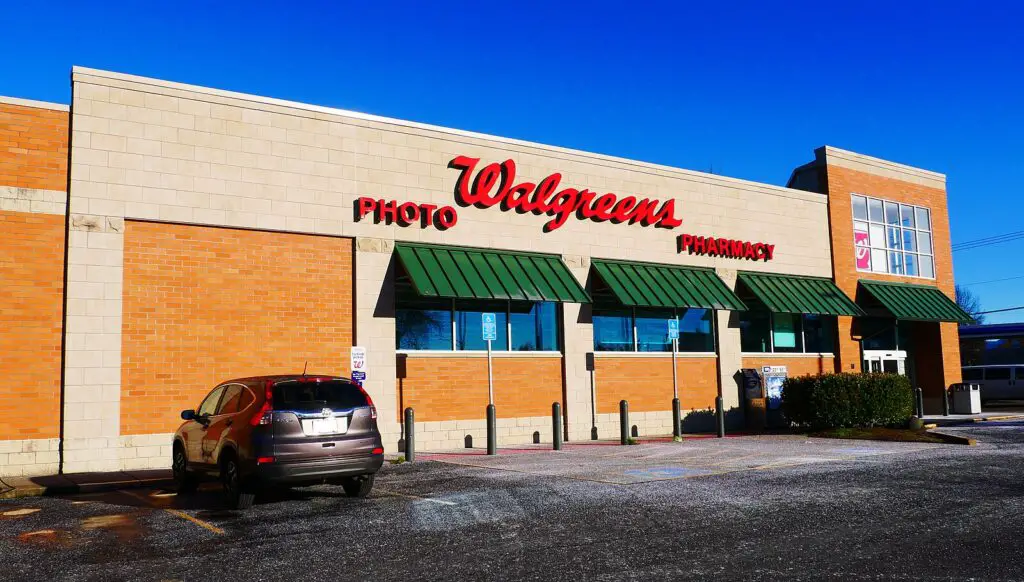
Walgreens has revealed plans to shutter more stores in 2025 as it adjusts to changing consumer behaviors and rising operational costs. The pharmacy chain is redirecting investments toward digital healthcare and home delivery services. These strategic closures are part of Walgreens’ goal to remain competitive in a rapidly evolving market.
7. Victoria’s Secret

Victoria’s Secret continues to reshape its business model by closing several stores in 2025 to focus on digital expansion and inclusivity. The retailer has faced criticism in recent years for failing to adapt to modern consumer expectations. By reallocating resources, Victoria’s Secret aims to rebuild its brand and connect with a broader audience.
8. Sears

Sears, once a retail giant, will see more of its few remaining locations close in 2025 as it struggles to stay afloat. Years of financial trouble and dwindling relevance have left the retailer a shadow of its former self. The closures reflect Sears’ ongoing challenge to compete in today’s retail landscape.
9. Foot Locker
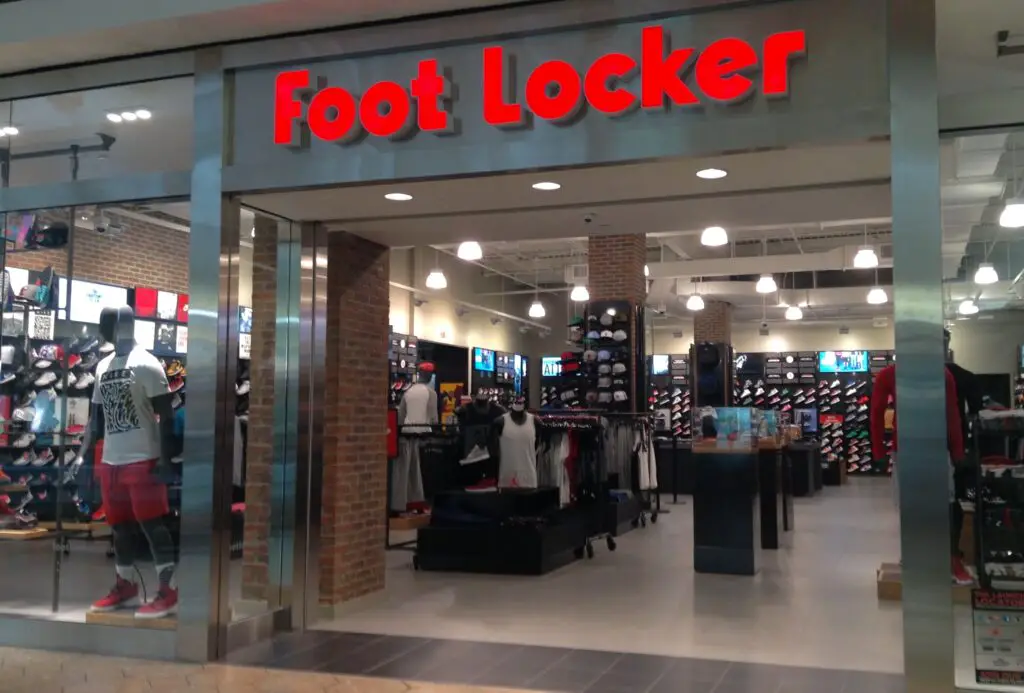
Foot Locker plans to close hundreds of stores globally in 2025 as it repositions itself toward higher-growth markets and digital sales. The athletic footwear retailer is addressing a slowdown in mall traffic and changing consumer preferences for direct-to-consumer brands. This strategy is designed to strengthen Foot Locker’s profitability and long-term prospects.
10. 7-Eleven
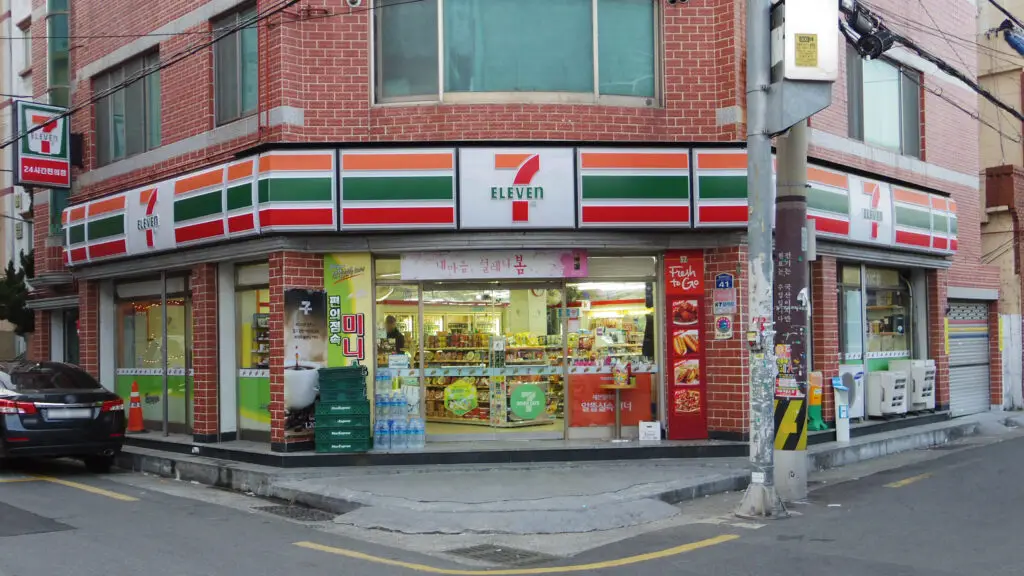
Convenience store giant 7-Eleven has announced plans to close underperforming stores in 2025 as it adjusts to market saturation and increased competition. The closures will enable the company to invest in higher-growth markets and improve store efficiency. Despite these changes, 7-Eleven remains focused on enhancing its convenience offerings and expanding its digital presence.
11. Denny’s
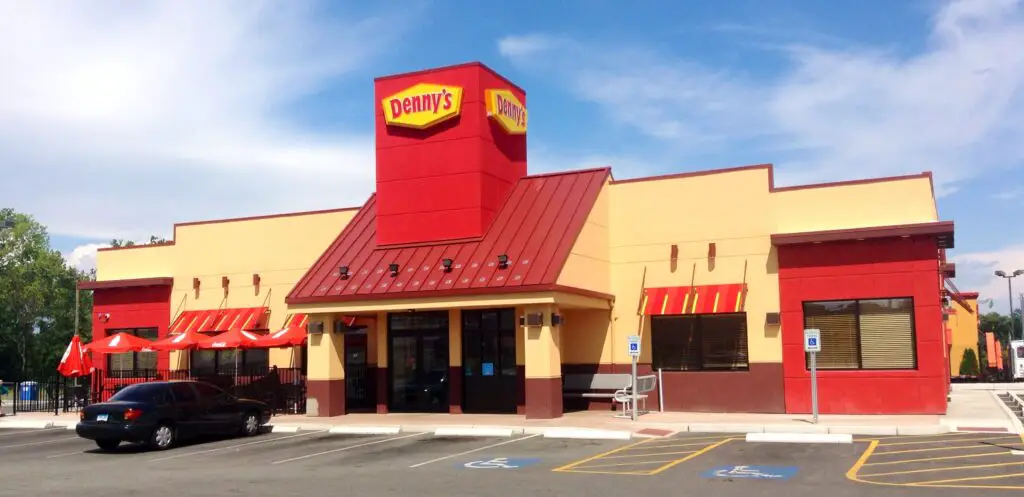
Denny’s, known for its all-day breakfast and diner fare, will be closing several locations in 2025 due to declining foot traffic and rising operational costs. The closures primarily affect underperforming locations in less profitable markets. Denny’s is focusing on rebranding efforts and digital innovations to attract younger customers and drive future growth.
12. Best Buy

Best Buy is set to close numerous locations in 2025 as it pivots toward a more digital-first approach. The electronics retailer is adapting to increased competition from online platforms and evolving customer needs. Despite the closures, Best Buy remains committed to offering innovative solutions and services in the tech space.
